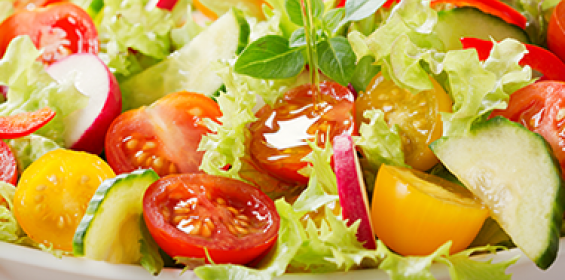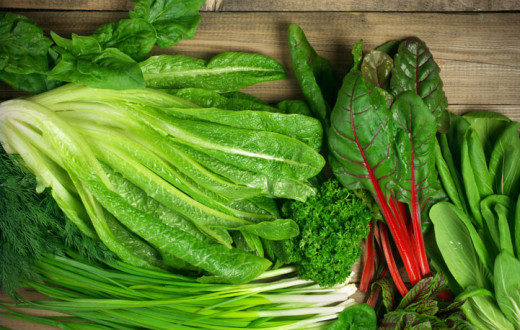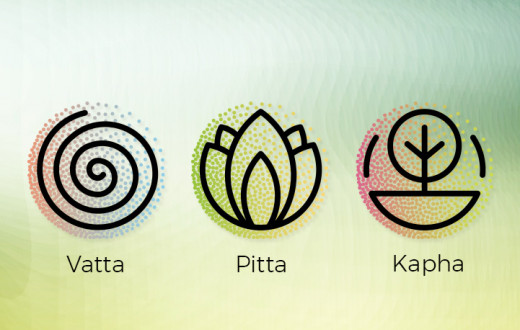In a botanical sense, fruits are the sweet, fleshy, edible parts of a plant. They generally contain seeds. Apricots, bananas, grapes as well as bean pods, corn grains, tomatoes, cucumbers and almonds are all technically fruits. Fruits are usually eaten raw, although some varieties can be cooked. They come in a wide variety of colors, shapes and flavors.

Fruits are an excellent source of essential vitamins and minerals, and are high in fiber. Fruits also provide a wide range of health-boosting antioxidants, including flavonoids. Eating a diet high in fruits and vegetables can reduce a person’s risk of developing heart disease, cancer, inflammation and diabetes.
Questions and Answers about Fruits
Q - What is a good time to eat fruits?
Morning is the best time as consuming fruits during the early hours activates your digestive system. It is a fact that they are better digested on an empty stomach and give much-needed energy in the morning to kick-start the day.
Q - Why shouldn't you eat fruits after a meal?
The notion behind not eating fruits after a meal is that fruit eaten with or soon after other foods may neither be fully digested nor its nutrients be absorbed properly.
Q - Which fruit is good for the skin?
We need vitamin C to support the immune system, promote radiant skin and help blemishes heal. The best sources are blueberries, broccoli, guava, kiwi, oranges, papaya, strawberries and sweet potatoes.
Q - Which fruit is best for the heart?
Strawberries, blueberries, blackberries and raspberries are jam-packed with important nutrients that play a central role in heart health. Berries are also rich in antioxidants like anthocyanins, which protect against oxidative stress and inflammation that contribute to the development of heart disease.

Q - What fruits have no sugar?
Papaya, Cucumber, Lemons, Guavas, Watermelon, Avocado, Grapefruit, Strawberries and Blackberries have no sugar.
Q - Are apples good for diabetic patients?
Apples are a nutritious fruit and the fiber present in them may help prevent spikes in blood sugar and insulin levels.
Q - Which fruit has the most sugar?
Mango. The fruit is good for you! It has fiber and other nutrients you need. But it also has natural sugar and some have more than others. For example, one mango has a whopping 46 grams of sugar.

Q - What vitamins are there in Apples?
Apples have vitamin A, vitamin B1, vitamin B2, vitamin B6, vitamin C and folic acid.
Q - What vitamins do Bananas have?
Bananas have vitamin A, vitamin B1, vitamin B2, vitamin B6, vitamin C and folic acid.
Q. What vitamins do Strawberries, Tomatoes and Watermelons have?
All three have vitamin A, vitamin B1, vitamin B2, vitamin B6, vitamin C and folic acid.
Q - Which is the oldest fruit in the world?
Figs are the oldest fruit in the world. High in fiber, iron and potassium, its trees can live up to 100 years.

Q - Why do apples float in water?
Apples float in water because they are 25% air.
Q - What do green fruits do for you?
Green fruits help make your bones and teeth strong.
Q - How many pineapples does a pineapple plant produce per year?
Each pineapple plant only produces one pineapple per year.
Q - Which fruits are the members of the rose family?
Apples, peaches and raspberries are all members of the rose family.
Q - Which fruit can help get relief from heartburn or acidity?
Bananas have a natural antacid effect in the body, so if you suffer from heartburn, try eating a banana for soothing relief.

Written by: Sugandha Narang




































